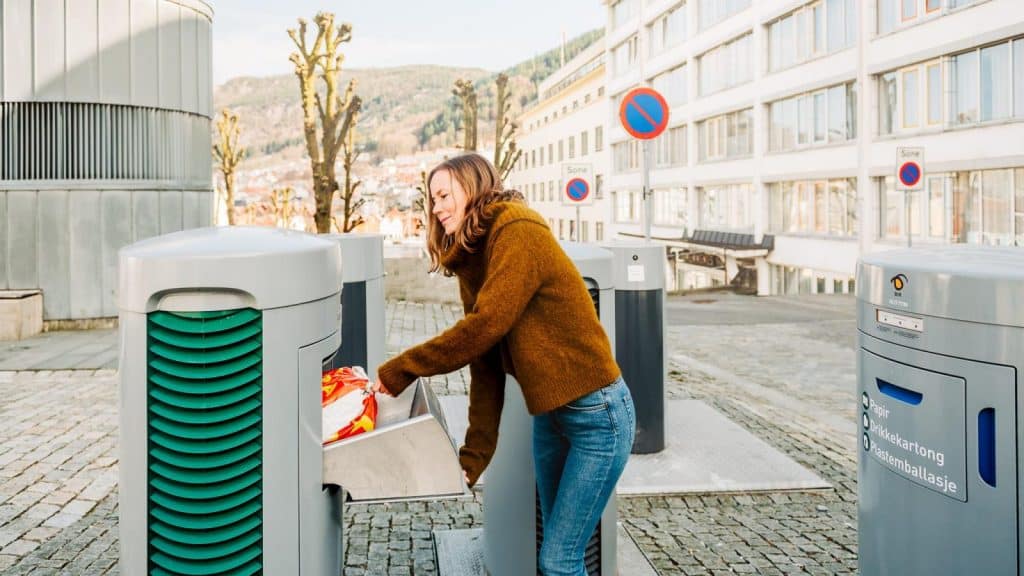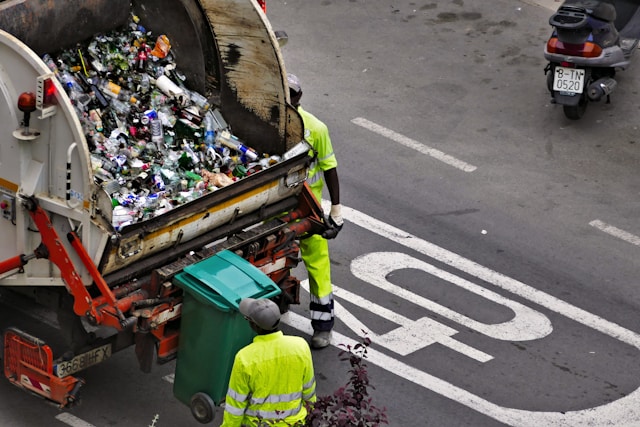Waste management is a critical aspect of urban living, affecting environmental health, sustainability, and even the quality of life in cities. As populations grow and urban areas expand, managing waste efficiently and effectively becomes more pressing. This article explores the current state of waste management, innovative approaches to tackling waste, and how individuals and communities can contribute to a cleaner, greener future.
Understanding the Basics of Waste Management
Waste management involves collecting, transporting, processing, recycling, and disposing of waste materials. These materials come from various sources, including households, businesses, construction sites, and industrial operations. Waste management aims to handle waste in a way that minimizes its impact on the environment, public health, and aesthetics.
Types of Waste
- Municipal Solid Waste (MSW): Commonly known as trash or garbage, this includes everyday items discarded by the public.
- Hazardous Waste: Waste that poses substantial or potential threats to public health or the environment.
- Industrial Waste: Produced by industrial activities, including factories, mills, and mines.
- Biomedical Waste: Includes medical waste such as syringes, bandages, and expired medicines.
Innovative Approaches to Waste Management
Innovation in waste management is crucial for addressing the growing waste challenge. Here are some of the most promising innovations:
- Advanced Recycling Technologies: New technologies are making it possible to recycle materials more efficiently and recycle types of waste previously considered non-recyclable.
- Waste-to-Energy (WtE) Plants: These plants convert waste into electricity, heat, or fuel through various processes, including combustion and gasification.
- Composting and Biogas Production: Organic waste can be transformed into valuable compost for agriculture or converted into biogas, a renewable energy source.
The Role of Dumpster Rentals in Efficient Waste Management
One practical aspect of waste management, especially in construction, renovation, and large-scale clean-up projects, is the use of dumpsters. Dumpster rentals offer a convenient and efficient way to collect and dispose of large volumes of waste. They are available in various sizes to accommodate different needs, from small home renovation projects to large construction sites.
Renting a dumpster can significantly streamline waste management efforts by providing a centralized location for waste accumulation, thereby reducing the risk of pollution and making the waste collection process more efficient. For those in Las Vegas looking for reliable dumpster rental services, Las Vegas dumpster offers a range of options to suit various project needs.
How Individuals and Communities Can Make a Difference

Reducing Waste at the Source
- Minimize Single-Use Products: Opt for reusable items whenever possible.
- Buy in Bulk: Reduce packaging waste by buying in bulk and using your own containers.
- Compost Organic Waste: Turn kitchen scraps and yard waste into compost for gardening.
Supporting Recycling and Waste Management Initiatives
- Participate in Local Recycling Programs: Familiarize yourself with local recycling guidelines and participate actively.
- Support Eco-Friendly Businesses: Choose products and services from companies that prioritize sustainability and waste reduction.
- Educate and Advocate: Raise awareness about the importance of waste management and advocate for policies that promote sustainability.
Looking Ahead
As we look to the future, the importance of efficient and innovative waste management cannot be overstated. By embracing new technologies, adopting sustainable practices, and fostering a culture of environmental responsibility, we can make significant strides toward reducing waste and its negative impacts. In addition to options like cardboard baler rental for the efficient recycling of cardboard, strategic use of dumpster rentals for project-based waste collection can further streamline waste handling processes. Whether through these solutions or the individual choices we make daily, every effort counts in the journey toward a more sustainable world.
In conclusion, waste management is a multifaceted challenge that requires a comprehensive approach, combining innovation, community involvement, and individual action. By understanding the basics, exploring innovative solutions, and actively participating in waste reduction and recycling efforts, we can all contribute to a cleaner, healthier environment.













Leave a Reply